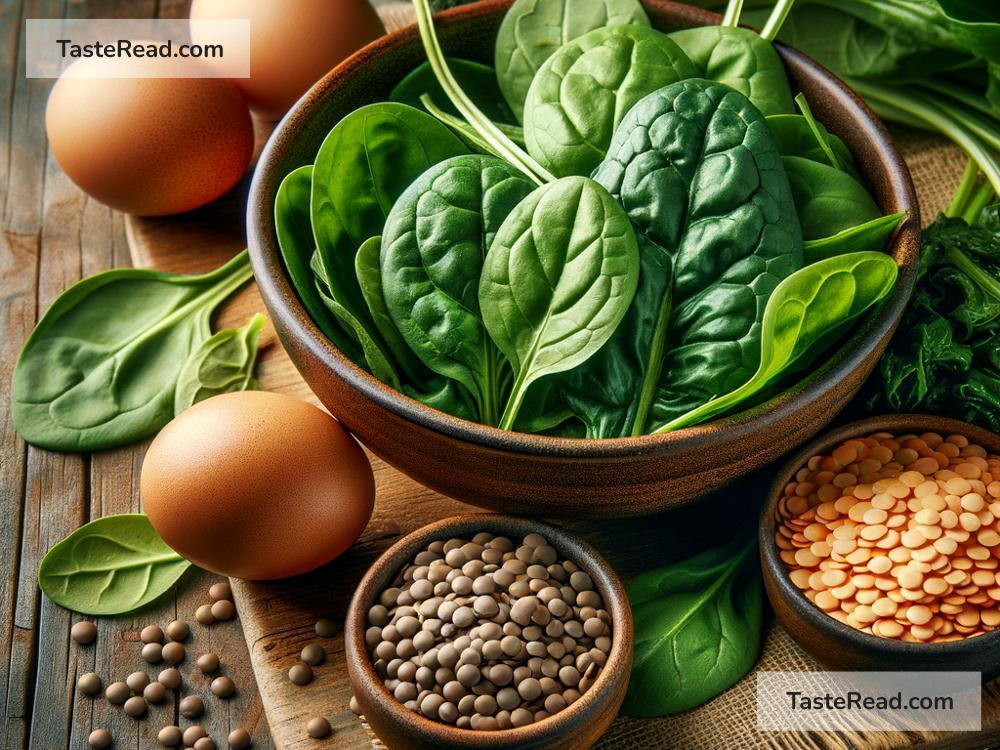The Role of Vitamin B9 in DNA Synthesis: A Simple Guide
We often hear about vitamins and their importance for our health, but one vitamin stands out for its crucial role in building the very foundation of life – DNA. This vitamin is Vitamin B9, also called folate or folic acid. In this article, we’ll explore what Vitamin B9 does, why it matters for DNA synthesis, and how we can ensure we’re getting enough of it in our diet.
What Is Vitamin B9?
Vitamin B9 is a water-soluble vitamin, meaning it dissolves in water and doesn’t get stored in the body for a long time. It’s part of the B-vitamin family, which supports cells and keeps your body running smoothly. Vitamin B9 exists in two forms:
- Folate: The naturally occurring form found in food.
- Folic Acid: The synthetic version used in supplements and fortified foods.
This vitamin plays a key role in making red blood cells, supporting brain health, and most importantly, helping your cells make and repair DNA.
What Is DNA, and Why Does It Need Vitamin B9?
DNA (deoxyribonucleic acid) is the chemical structure that holds all the genetic information in your body. It’s like a blueprint – it tells your cells how to grow, function, and stay healthy. Every time your body makes new cells, it has to make copies of DNA. This process is called DNA synthesis.
DNA synthesis is complex, but it relies on certain building blocks called nucleotides. These nucleotides are tiny molecules that fit together like puzzle pieces to create the long strands of DNA. Here’s where Vitamin B9 comes in: it helps make and provide the ingredients needed to build these nucleotides. Without enough Vitamin B9, your body can’t produce DNA properly.
How Does Vitamin B9 Work in DNA Synthesis?
Vitamin B9 acts as a helper in making nucleotides. Specifically, it supports the production of two important compounds: thymidine and purines, which are key components of DNA.
Here’s how it works:
- Thymidine Production:
- One of the four building blocks of DNA is thymine, and thymine comes from thymidine.
-
Vitamin B9 helps convert a molecule called “uridine” into thymidine. Without enough folate, this conversion process slows down, and the body struggles to produce enough thymine.
-
Purine Production:
- Purines are another class of DNA building blocks. Vitamin B9 helps activate enzymes involved in purine synthesis, which are essential for DNA replication.
In simple terms, Vitamin B9 supplies the ingredients your cells need to manufacture DNA. Without it, the body’s ability to replicate genetic material slows down, which can cause problems for cell growth and repair.
Why Is DNA Synthesis Important?
DNA synthesis is vital for all life processes. It’s especially important during periods of rapid growth, like when a baby is developing in the womb or when cells are repairing after an injury. If DNA synthesis isn’t happening efficiently, the body can struggle to produce healthy cells. This can lead to problems like anemia (low red blood cells), weakened immunity, or even developmental issues during pregnancy.
In addition, faulty DNA synthesis can sometimes cause mutations in DNA. Mutations are changes in the genetic code that may lead to diseases like cancer. By supporting proper DNA synthesis, Vitamin B9 helps minimize these risks.
Who Needs Vitamin B9 the Most?
Everyone needs Vitamin B9, but certain people need it more than others, especially:
- Pregnant Women:
-
During pregnancy, the baby’s cells are growing rapidly, and DNA synthesis is happening all the time. Folate is essential to prevent birth defects like spina bifida, a condition where the baby’s spinal cord doesn’t develop properly.
-
Children and Adolescents:
-
Growing bodies need more DNA synthesis, so kids and teens require adequate folate to support their development.
-
People with Certain Health Conditions:
- Some illnesses, like cancer or anemia, can increase the need for folate. Additionally, people taking certain medications can have a reduced ability to absorb Vitamin B9.
Foods Rich in Vitamin B9
Getting enough Vitamin B9 doesn’t have to be complicated. Many foods are naturally rich in folate, and others are fortified with folic acid. Here are some examples:
- Vegetables: Spinach, broccoli, asparagus, and Brussels sprouts.
- Legumes: Lentils, chickpeas, and black beans.
- Fruits: Oranges, avocados, and bananas.
- Fortified Products: Many breads, cereals, and pasta are enriched with folic acid.
You can also take supplements, but it’s always a good idea to consult your doctor first.
Conclusion
Vitamin B9 may be small, but it has a big job. By helping the body create and copy DNA, it plays a huge role in keeping us healthy and allowing our cells to thrive. Without enough folate, DNA synthesis can falter, leading to health problems that affect everything from cell growth to reproduction.
The good news is that many everyday foods provide Vitamin B9, making it easy to include this vital nutrient in your diet. Whether you’re pregnant, growing, or simply taking care of your body, don’t underestimate the importance of folate – it’s truly the lifeline of your DNA!
So, go ahead and fill your plate with folate-rich foods, because a healthy body starts with a healthy foundation – your DNA!


